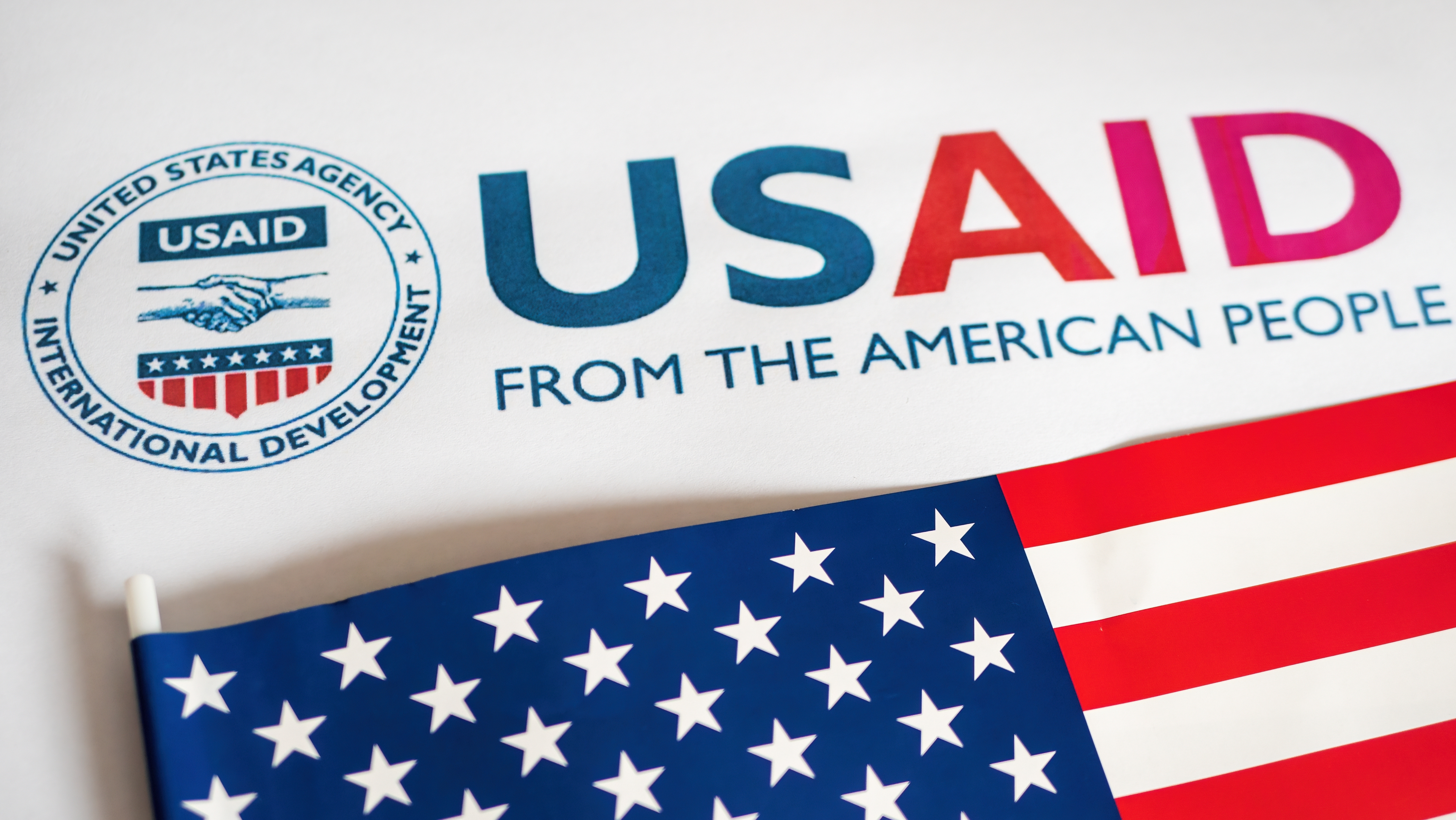USAID's Global Media Network: Why the Legacy Media all sounds the same
When a single agency funds thousands of journalists across multiple countries, it's natural to question the impact on narrative diversity. The challenge lies in balancing necessary support for independent journalism with maintaining genuine editorial independence.

A recent social media storm erupted when Elon Musk amplified claims about the U.S. Agency for International Development's (USAID) extensive funding of global media organizations, igniting fresh debate about foreign influence in journalism and media independence worldwide.
Scale of Support Revealed
According to data attributed to the Columbia Journalism Review, USAID's media support network spans an impressive scope: 6,200 journalists, 707 media outlets, and 279 civil society organizations across 30 countries. These numbers, highlighted in Musk's retweet, have sparked intense discussion about the nature and implications of such widespread support.
The Democracy-Media Nexus
USAID's media funding initiatives form part of its broader mission to promote democracy and governance worldwide. The agency has long maintained that independent journalism serves as a cornerstone of democratic societies, particularly in regions where press freedom faces significant challenges.
Criticism and Concerns
The revelation has drawn criticism from various quarters. Social media users, including prominent figures like Musk, suggest that such widespread funding might explain perceived uniformity in global news coverage. Critics argue that financial support, even when well-intentioned, could lead to subtle forms of influence over editorial decisions.
Defending the Program
Supporters of USAID's media initiatives argue that the funding serves as a crucial lifeline for independent journalism in countries where press freedom is under threat. They emphasize that the support often focuses on technical training, infrastructure development, and capacity building rather than direct editorial control.
Former USAID official Rebecca Thompson explains, "These programs have helped establish and maintain independent media voices in regions where authoritarian governments would otherwise dominate the information landscape. The alternative would be leaving these spaces to state-controlled media or potentially harmful influences."
Impact on Global Media Landscape
The scope of USAID's media support has significant implications for the global information ecosystem. While the agency's stated goal is to promote press freedom and professional journalism, the scale of its involvement raises questions about the future of truly independent media.
Recent developments in several countries highlight both the benefits and challenges of such support:
- In Eastern Europe, USAID-supported outlets have provided crucial independent coverage of regional conflicts
- Southeast Asian media organizations have enhanced their investigative journalism capabilities
- African news outlets have expanded their reach and professional standards
Industry experts suggest that future media support programs might need to evolve to address these concerns. Proposals include:
- Greater transparency in funding mechanisms
- Diversified funding sources to reduce dependence on single agencies
- Enhanced focus on building sustainable business models
- Stronger safeguards for editorial independence
With press freedom declining in many regions, the role of international support for independent journalism becomes increasingly critical, even as it raises complex questions about influence and autonomy.
When a single agency funds thousands of journalists across multiple countries, it's natural to question the impact on narrative diversity. The challenge lies in balancing necessary support for independent journalism with maintaining genuine editorial independence.
The New York Times contributed to this article.